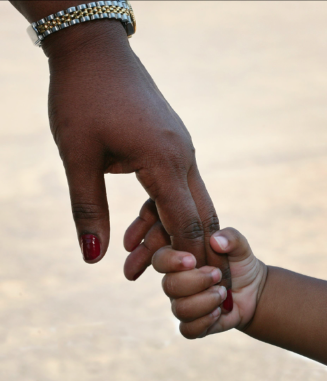-
Advocacy Theme
-
Tags
- Abortion
- Adoption
- Caregiving
- CEDAW
- Disability
- Domestic Violence
- Domestic Workers
- Harassment
- Healthcare
- Housing
- International/Regional Work
- Maintenance
- Media
- Migrant Spouses
- Migrant Workers
- Muslim Law
- National budget
- Parental Leave
- Parenthood
- Polygamy
- Population
- Race and religion
- Sexual Violence
- Sexuality Education
- Single Parents
- Social Support
- Sterilisation
- Women's Charter
Grant more rights to foreign wives
August 18th, 2016 | Family and Divorce, Letters and op-eds, News, Poverty and Inequality, Views
This letter was first published on The Straits Times, 18 August 2016.
 The stigma around ‘mail order brides’ is only one challenge faced by the foreign wives of lower-income men in Singapore (‘Curb stigma against foreign brides’; ST Forum, August 13). Though unions between Singaporeans and foreigners formed 30% of marriages in 2013, many foreign wives struggle with access to basic rights like employment and housing.
The stigma around ‘mail order brides’ is only one challenge faced by the foreign wives of lower-income men in Singapore (‘Curb stigma against foreign brides’; ST Forum, August 13). Though unions between Singaporeans and foreigners formed 30% of marriages in 2013, many foreign wives struggle with access to basic rights like employment and housing.
For instance, restrictions against foreigners co-owning Housing Development Board (HDB) properties creates hardships for lower-income families who cannot afford private or non-subsidised housing. Earlier this year, a Singaporean deliveryman and his pregnant Vietnamese wife were living in a lorry, after applications for a two-room or rental flat failed due to the wife’s nationality and the husband’s income level. HDB helped them to secure a rental unit for a year, but only after their story went viral.
Access to fundamental needs should not depend on the social media lottery. Housing to enable a stable family life should be available to all Singaporeans, not only those with means or married to other Singaporeans.
The opacity and uncertainty of the criteria for permanent residence and citizenship also threaten the right to family life for foreign spouses and their citizen children. Children in such familiesmake up 30% of Singaporean babies each year. Yet if the citizen spouse stops sponsoring visa renewals, the foreign spouse may have to choose between leaving her children or taking them out of the country.
Recently, the Minister for Home Affairs clarified in Parliament that having a citizen child would be a ‘plus factor’, but does not automatically qualify one for citizenship or PR status.
This seems to suggest that some circumstances could justify requiring a Singapore citizen child to be separated from their mother or to leave the country. We would welcome the government’s clarification on what these circumstances could be.
Finally, foreign wives coming from poorer socio-economic backgrounds than their Singaporean husbands can be more vulnerable to abuse. Depending on their husbands for residency, citizenship status and the right to work puts these women in an unequal position and makes it harder for those facing abuse to seek help. It is thus vital that we strengthen their access to basic rights, and for permanent residence and citizenship criteria to be made clear and transparent.
Chong Ning Qian (Ms)
Research Executive
Association of Women for Action and Research



